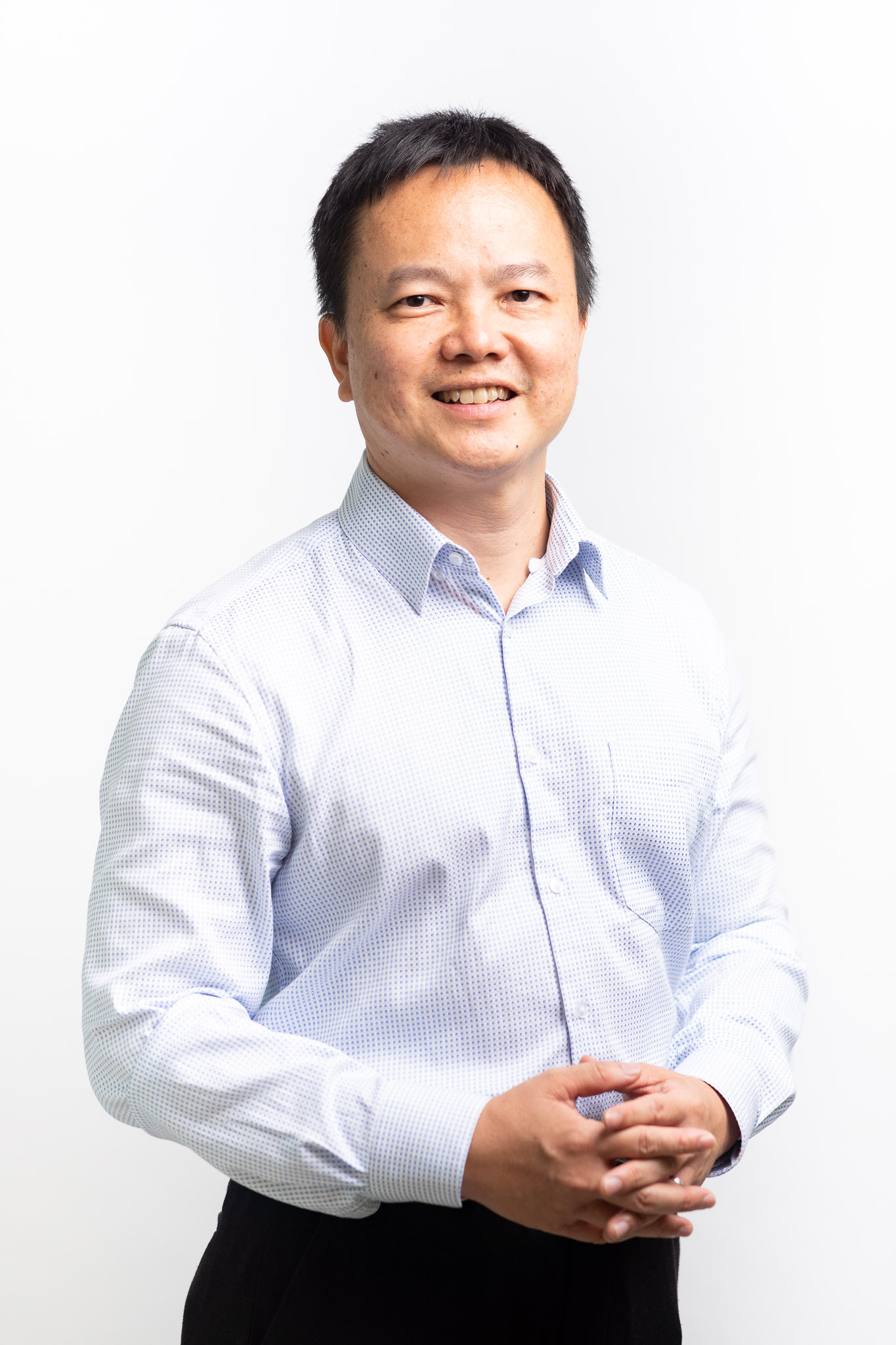Meet the Specialist: Dr Toh Chee Keong

Low-dose thoracic CT screening of chronic and former smokers aged over 50 would help to detect early lung cancers and save lives, according to Singapore lung cancer expert Dr Toh Chee Keong. The leading oncologist says he would like to see a subsidised program for early detection – much like the mammogram screening program for breast cancer. Dr Toh will be speaking at a ‘Love Lunch’ event being managed by the 365 Cancer Prevention Society on September 10, providing an overview of lung cancers and discussing new treatment options. Here’s some of what he will be discussing.
“Most people know about lung cancer being related to cigarette smoking, but the reality is that there are now a large number of non-smokers now being diagnosed with lung cancer in Singapore. We don’t really know why – it may be passive smoking, a link to environmental pollution, or even another factor we have yet to identify.
Most of the time, lung cancer patients present when their disease is already at a late stage – stage three or four – when the cure rate is much lower. It would be much better if their cancers were detected early, because there is opportunity for cure with surgery before the disease has spread.
One of the difficulties is that lung cancer is usually asymptomatic in its early stages. If there are any symptoms it might be bone pain, back pain, or breathlessness. Some patients develop headaches because of brain metastases when the cancer has already spread, or they may begin coughing blood if their cancer is close to the airways.
The earlier lung cancer is diagnosed, the better the outcome. Several studies have now demonstrated that low-dose thoracic CT screening can detect early lung cancers.
Low dose thoracic CT screening is done yearly. Usually, if the lung cancer is detected in the first few years, we follow up on any lung nodules to determine if they are cancerous. If the nodules don’t grow over two to three years, they are unlikely to be cancer.
There are some downsides to this low-dose thoracic CT screening, so patients should discuss this with their doctors before going down this path.
Sometimes this kind of screening detects other things, which can necessitate further investigation and cause unnecessary anxiety– such as thyroid nodules, or the lung nodules may turn out not to be cancer – a false-positive result.
The good news for patients diagnosed with advanced lung cancer is that we have new treatment options, thanks to technological advances and molecular testing. If we find mutations in a tumour, then patients may be suitable for targeted therapy, which means the treatment is targeted specifically to their type of cancer.
These therapy options have been shown to improve outcomes. While this kind of treatment is not curative, it may be able to better control a cancer and help patients to live longer. We are learning more all the time and there is always hope.”
*September 2022
